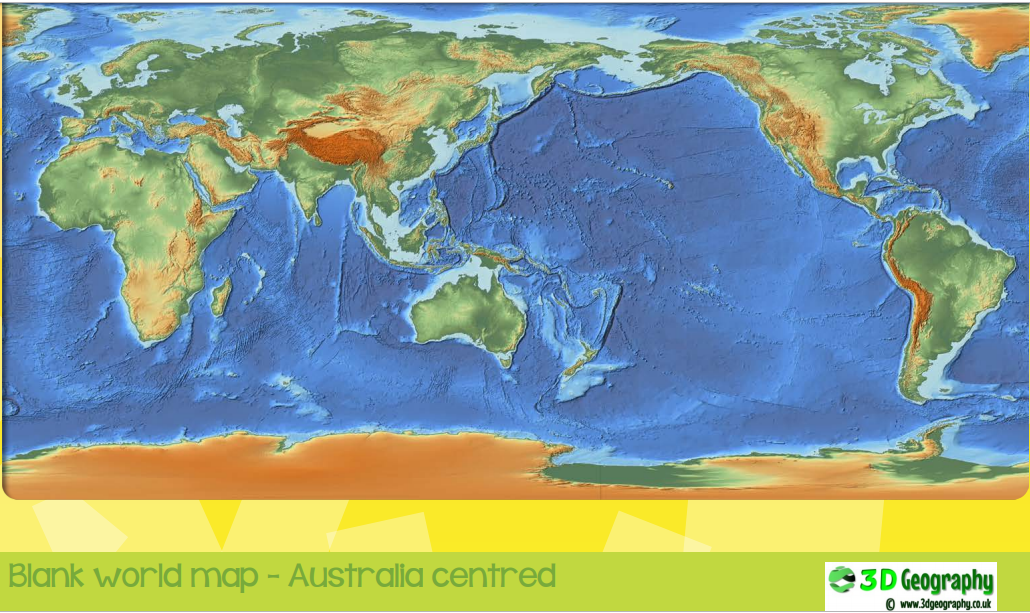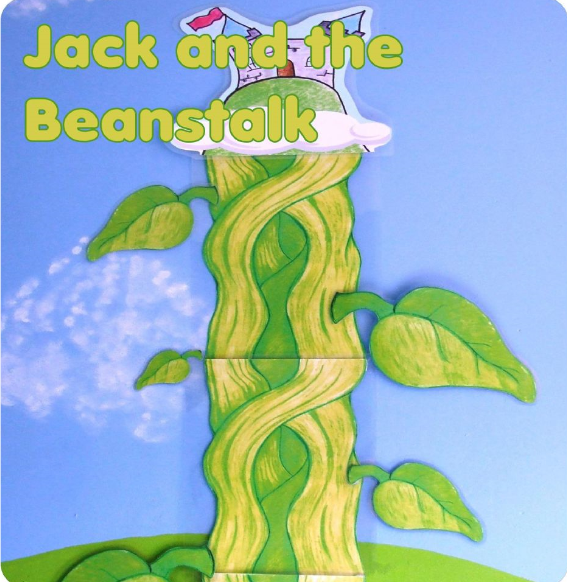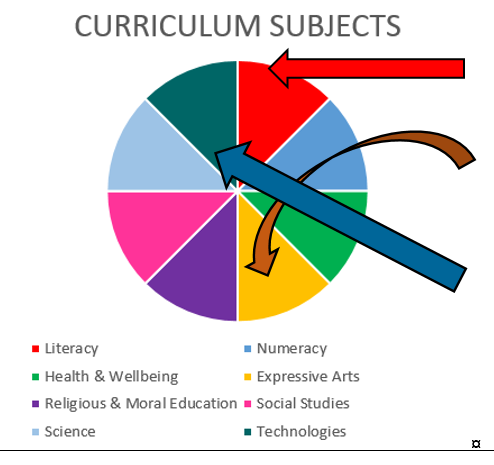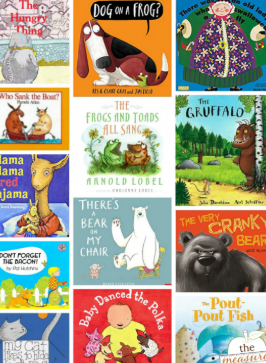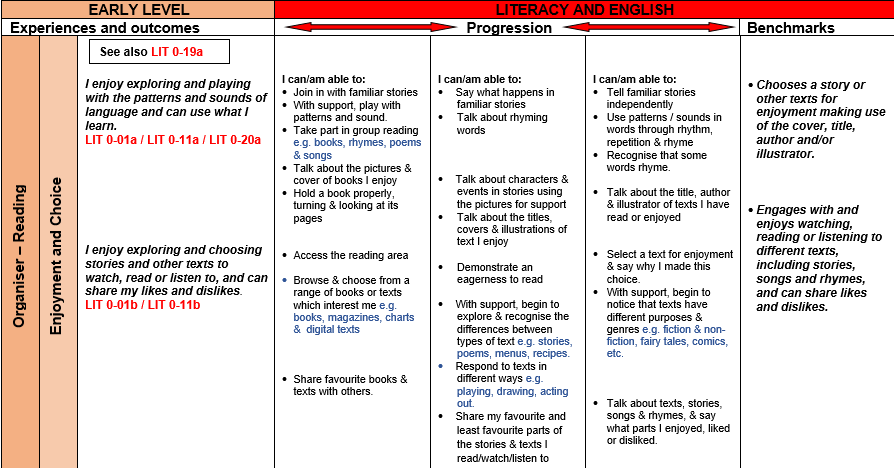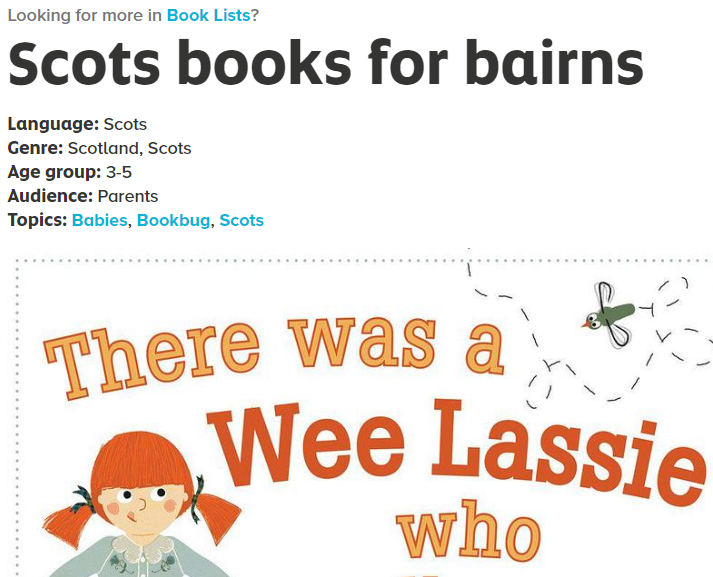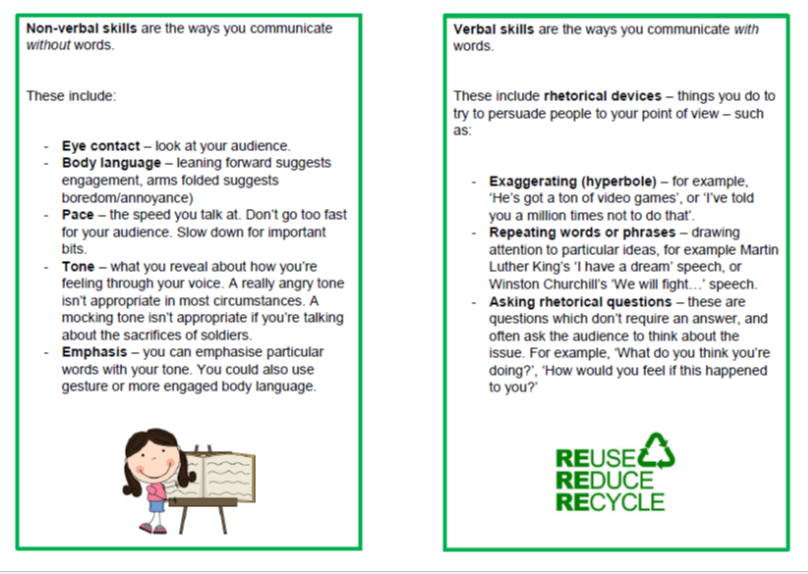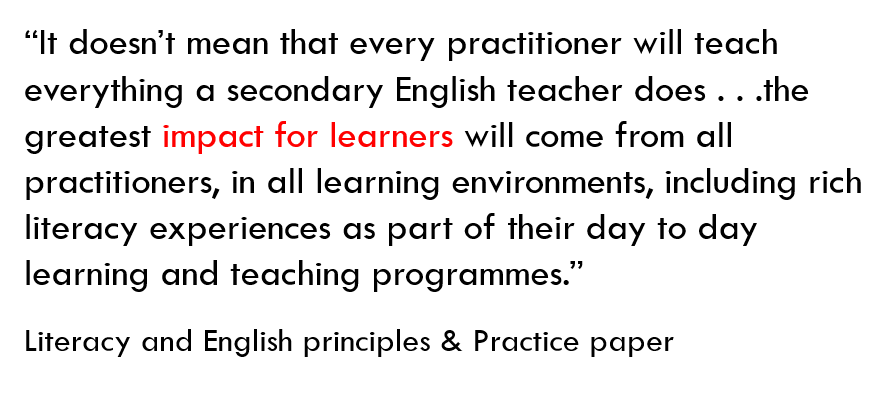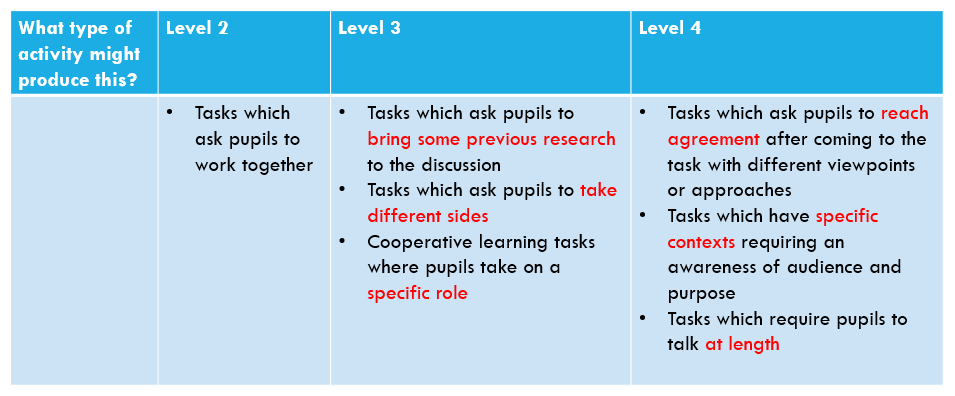
Primary 7 pupils at Bankier Primary School are writing this post to share how they organised and hosted an event on Wednesday 29th March. They invited parents, carers and people from their community to the event to help raise money for their leaver’s trip. The pupils really enjoyed this experience as they hadn’t done anything like this before.
At Bankier some of the teachers planned their literacy work using a thematic approach which had really helped pupils to progress their maths and numeracy skills in 2022. This Spring event was planned around primary 7’s World War II topic.
Pupils read The Boy in the Striped Pyjamas to help them learn about the war. They were interested in how French people took part in this war and created a French cafe for their fund-raising event which sold: pain au chocolat, croissants, baguettes and hot drinks. The event raised over £400 and pupils will plan how to spend this on their leavers trip next term.
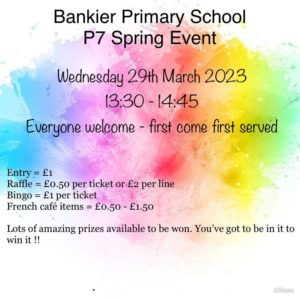
The pupils really enjoyed the whole process and feel that it helped them develop different elements of literacy such as:
- Writing letters and invitations
- Developing French vocabulary
- Writing and translating menus
- Planning and organising different parts of the event
Pupils also learned new skills in art, food hygiene, handling money, timing and scheduling. They improved their ability to organise, work together, work to deadlines and use their ICT skills.
Click here to find out about the thematic literacy work done by primary 5 and 6 pupils at Bankier PS.

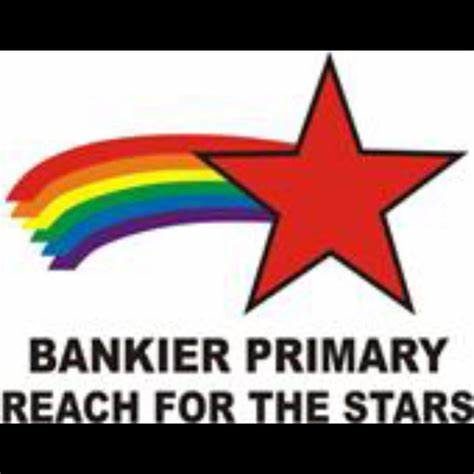


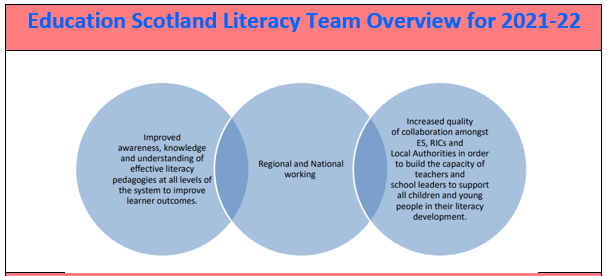
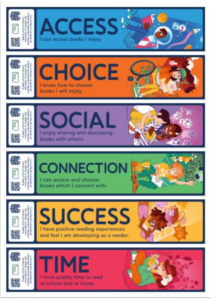
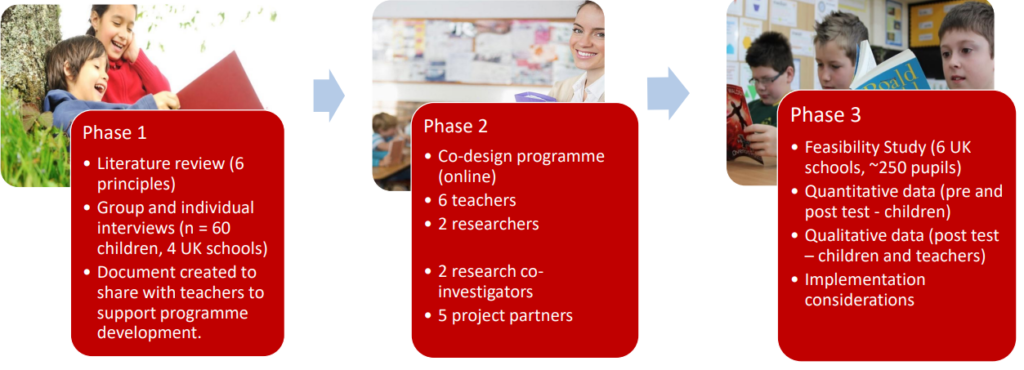
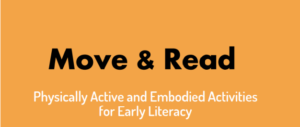
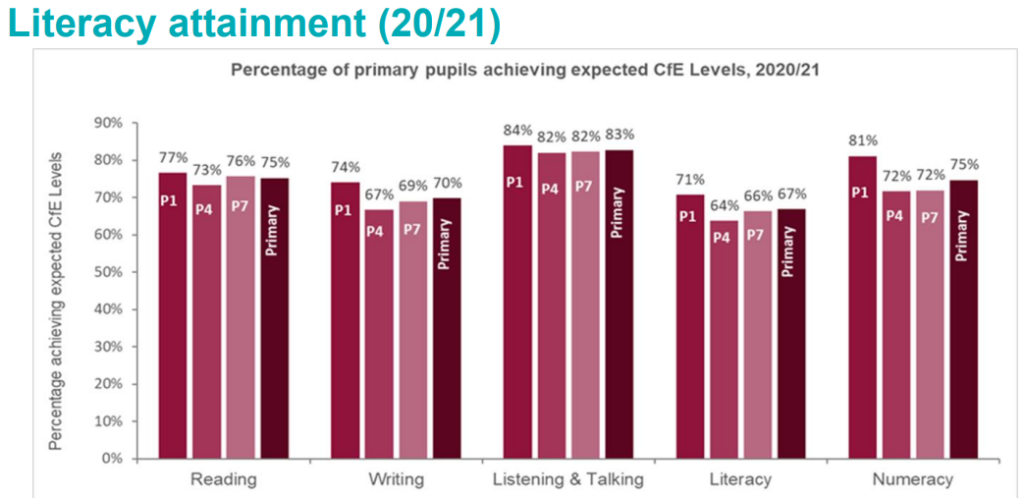
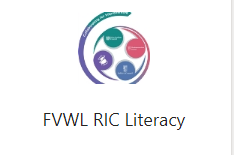

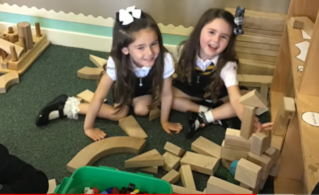
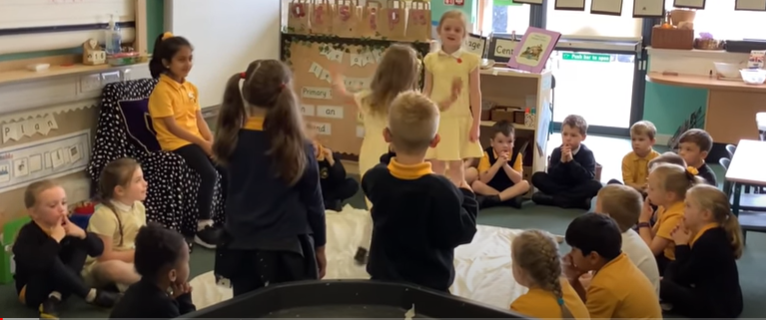
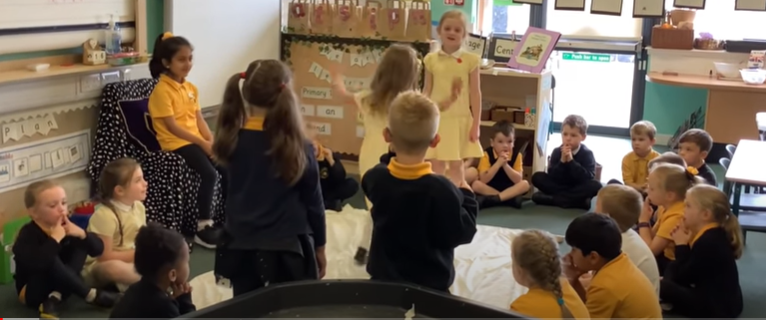
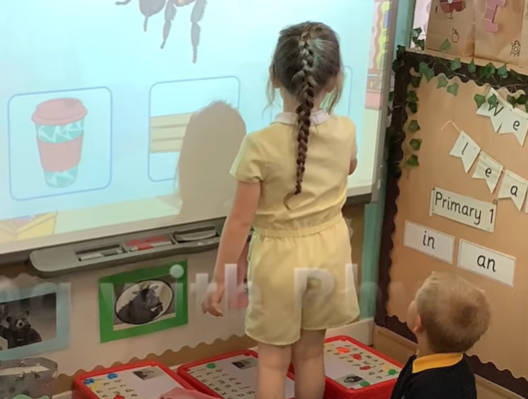
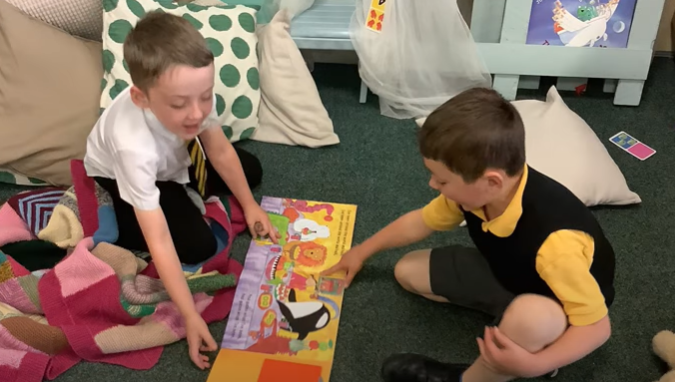
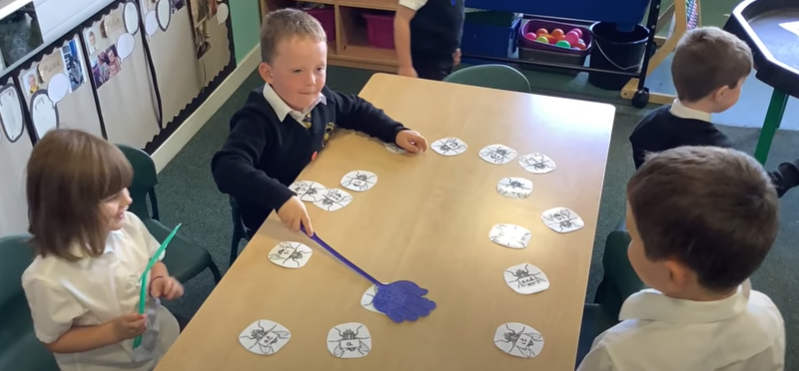


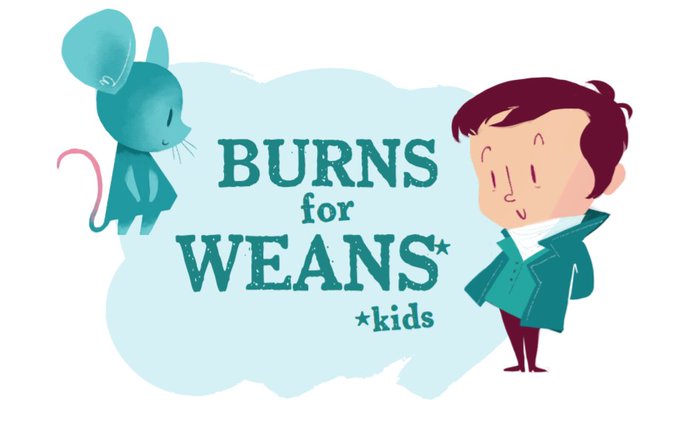


 This blog post shares the second family literacy learning pack created by Falkirk Children’s Services Literacy Team during school closures caused by coronavirus. We hope it gives Falkirk families a fun way to learn together while dreaming of better times when we can go anywhere we like! 🙂
This blog post shares the second family literacy learning pack created by Falkirk Children’s Services Literacy Team during school closures caused by coronavirus. We hope it gives Falkirk families a fun way to learn together while dreaming of better times when we can go anywhere we like! 🙂